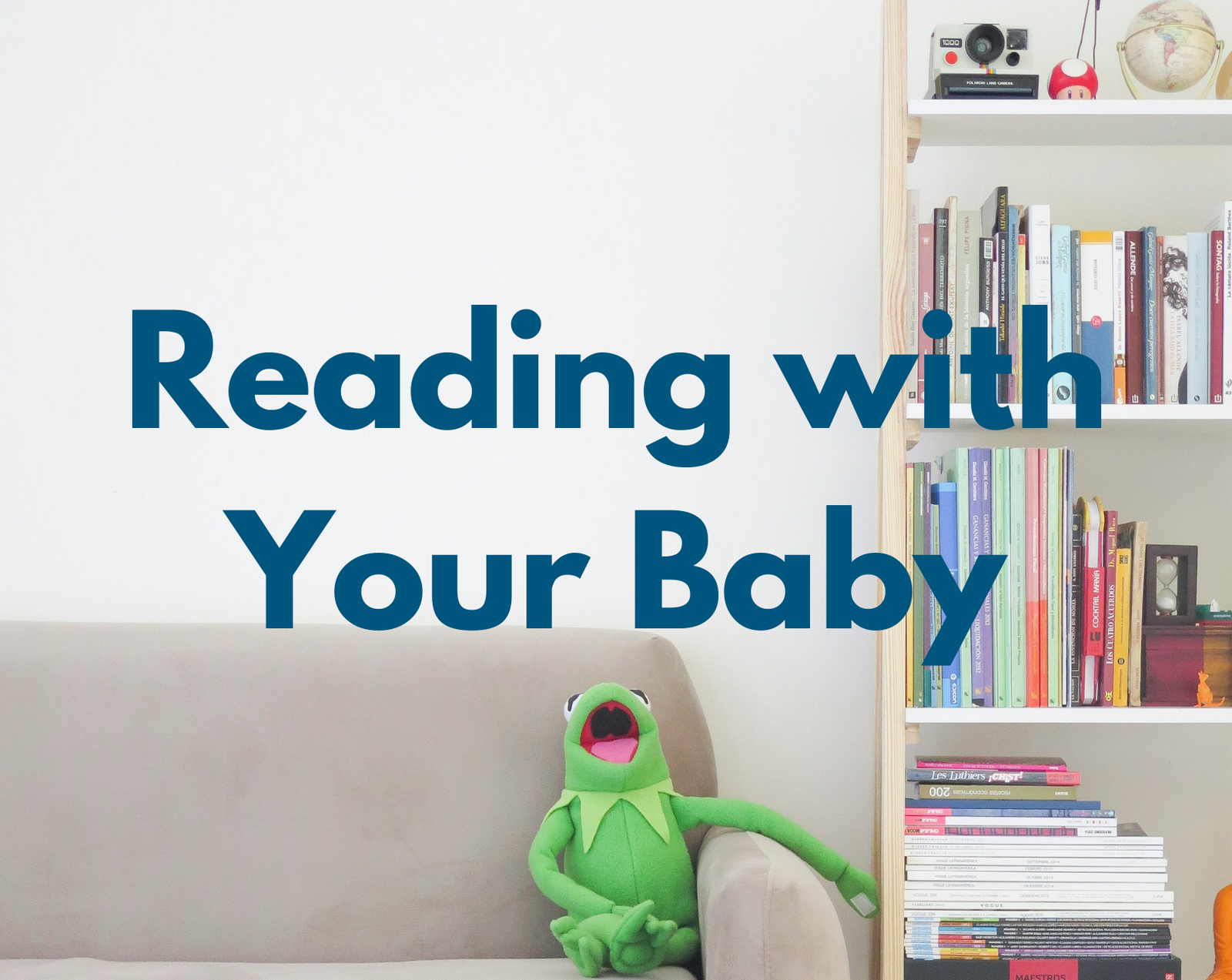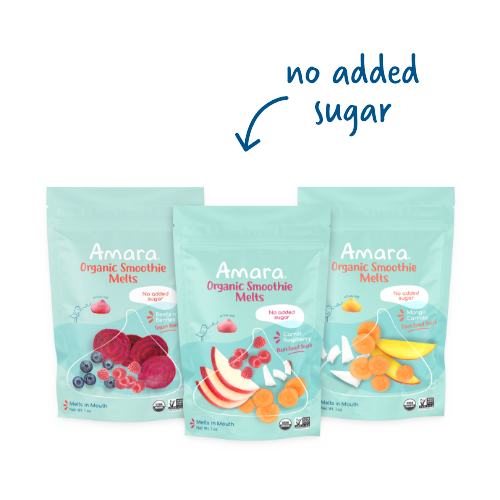My baby has colic, what should I do…
Colic can be a tough experience not just for baby, but for the parents as well. Is there much that can be done about it? That’s what we’re going to explore in this article. If your baby is crying for hours on end, read on to see what can be done.
What is Colic?
Colic is not a disease. It is a behavior that about a quarter of all babies go through. It is a term used to describe excessive crying by babies after all other causes have been eliminated. Pediatricians use a rule of three to diagnose colic. Crying has to last more than three hours at a stretch for three or more times per week and these episodes have to last for at least three weeks. Crying episodes usually happen around the same time each day.
What Causes Colic?
The simple fact is that we don’t know, but there have been many theories about it. We can say that it is NOT caused by bad parenting. Theories for what causes colic include:
- Overstimulation
- Understimulation
- Gas trapped in the intestine
- Melatonin and serotonin adjustments after birth
- Gut flora imbalances
- Food allergies
- Tobacco smoke
None of these theories have been substantiated by science, but there are lots of anecdotes from parents trying strategies for all of these.
Is it Permanent?
Thankfully, it’s not. Most colic episodes start around 2 weeks after birth and peak at 6-8 weeks. By the end of the third month, most babies will stop having it. Premature births can have their colic last a little longer. Also, colic has no lasting effects on children.
What should I do?
If you suspect your baby has colic, the first thing to do is to see your pediatrician. They can rule out anything else that might be causing long crying spells. This is important because long bouts of crying can point to serious issues. If it is colic, your pediatrician will have advice on how to deal with the crying spells.
Colic is actually more harmful to parents than it is to the child. The constant crying can put tremendous stress on new parents. Marital stress, depression, and anger about the crying can cause new parents to suffer greatly. Remember though, Colic is NOT your fault. Find your mom group, your tribe, and talk to them for tips and tricks, you are not alone and it’s a phase that should pass quickly.
This phase is stressful and sleepless, among that all, remember to take care of yourself mama. Make sure you take turns with the baby and that the free parent, grandma or whoever is helping you gets some time away from the crying. Have someone away from the house to vent to, find our tribe, read blogs, know you’re not alone. Colic will pass, but it can be an exhausting first few months!
As for your baby, here are some things you can try to improve their mood:
- Try reducing stimulation. Place the baby in a quiet and dark location to simulate the environment of the womb.
- If you suspect stomach upset, try the colic carry. Hold the baby’s stomach in your hand and have them rest on your forearm. Rub baby’s back to relieve gas pressure in the body.
- Try probiotics under the advisement of a pediatrician, though breastfeeding should put in plenty of probiotics into your baby’s system. Not all parents can breastfeed though, and a colicky baby may refuse to breastfeed, so it’s worth bringing up.
- If you’re already breastfeeding, try eating a hypoallergenic diet.
- Try mimicking the womb environment. Hold baby close, swaddle, sway, play white noise or shoosh in their ear, offer a pacifier...
- Avoid using medications to calm baby, including home remedies like “gripe water” or over-the-counter gas drops.
If your baby has colic, remember to find your tribe. Take care of yourself. The exhaustion from listening to hours and hours of crying can really take its toll and it’s important to remember it’s not your fault, you are not alone and this too shall pass. Try the tips above to help reduce the effects of colic with your baby and good luck!







Leave A Comment